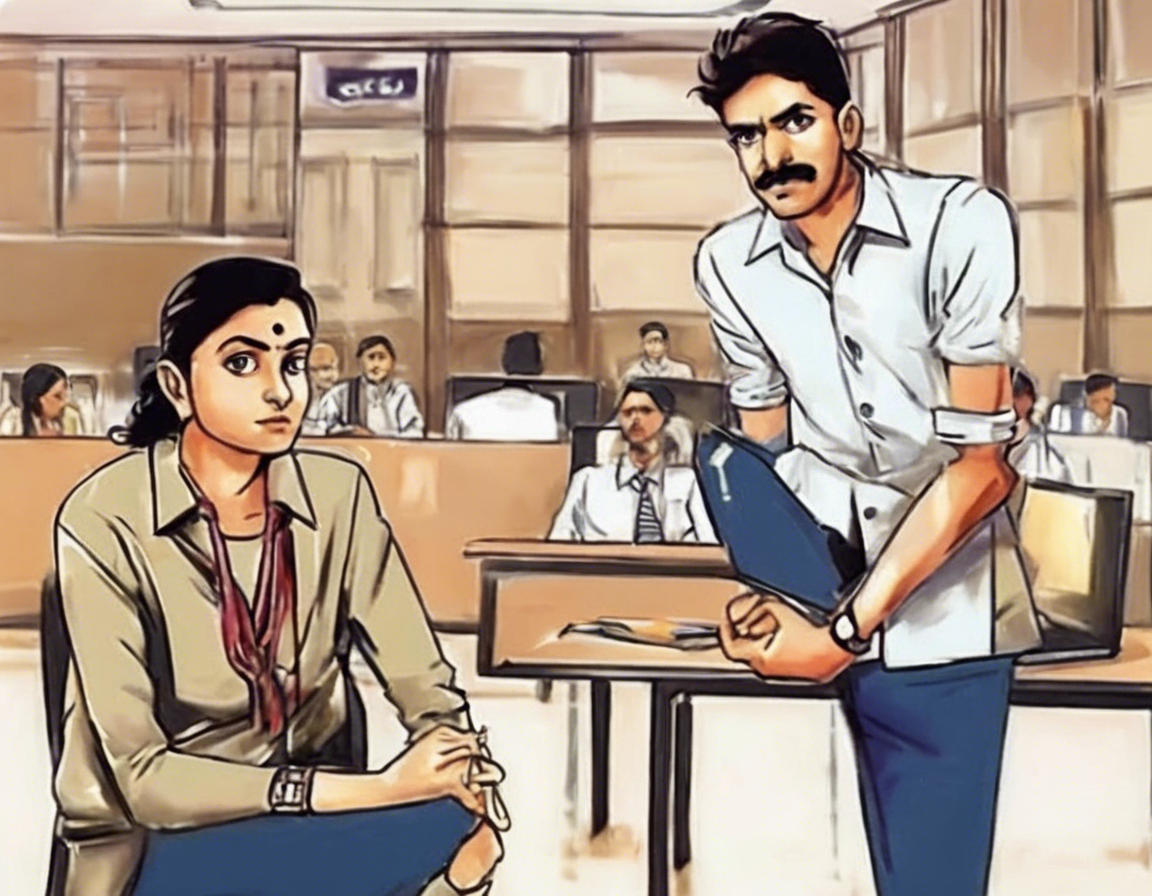Are you aspiring to work in the Central Government of India, specifically in various ministries, departments, and organizations under it? If yes, then appearing for the Staff Selection Commission (SSC) exams can be your gateway to a prestigious government job. SSC is one of the leading recruitment agencies responsible for conducting a range of exams to recruit staff for various positions in the government sector.
This comprehensive guide aims to provide you with everything you need to know about SSC exams, including the types of exams conducted, eligibility criteria, exam pattern, preparation tips, and frequently asked questions to help you navigate the world of SSC exams more confidently and efficiently.
Types of SSC Exams:
1. SSC Combined Graduate Level (CGL) Exam:
- Description: CGL is one of the most sought-after exams conducted by SSC for recruitment to Group B and Group C posts in various ministries, departments, and organizations of the Government of India.
- Eligibility: A bachelor’s degree from a recognized university is required to appear for this exam.
2. SSC Combined Higher Secondary Level (CHSL) Exam:
- Description: CHSL is conducted for the recruitment of Lower Division Clerk (LDC), Data Entry Operator (DEO), Postal Assistants/Sorting Assistants (PA/SA) in various government offices.
- Eligibility: Candidates must have passed 10+2 or equivalent examination from a recognized board.
3. SSC Junior Engineer (JE) Exam:
- Description: JE exam is conducted to recruit Junior Engineers in various engineering disciplines like Civil, Electrical, Mechanical, and Quantity Surveying & Contracts.
- Eligibility: Varies as per the specific engineering discipline.
4. SSC Multi-Tasking Staff (MTS) Exam:
- Description: MTS exam is conducted for recruiting the support staff in various government departments and ministries.
- Eligibility: Matriculation or equivalent pass.
5. SSC Central Police Organization (CPO) Exam:
- Description: CPO exam is conducted for recruitment of Sub-Inspectors in Delhi Police, Central Armed Police Forces (CAPFs) and Assistant Sub Inspectors in CISF.
- Eligibility: Bachelor’s degree from a recognized university.
SSC Exam Pattern:
The SSC exam pattern varies according to the specific exam you are appearing for. However, most SSC exams consist of multiple stages including Tier I, Tier II, Tier III, and Skill Test/Typing Test.
- Tier I: This stage is usually a computer-based test comprising objective-type questions.
- Tier II: Here, you may have to appear for a descriptive paper or a different set of objective questions, depending on the exam.
- Tier III: This is a skill test or typing test to assess your practical skills.
Additionally, some exams like CGL and JE have further stages such as Tier IV (Data Entry Skill Test/Computer Proficiency Test) and Document Verification.
SSC Exam Preparation Tips:
Preparing for SSC exams requires a dedicated approach and a well-structured study plan. Here are some preparation tips to help you ace your SSC exam:
- Understand the Exam Pattern: Familiarize yourself with the exam pattern and syllabus to create a targeted study plan.
- Create a Study Schedule: Allocate dedicated time for each subject and topic based on your strengths and weaknesses.
- Practice Regularly: Solve previous year papers and mock tests to enhance your speed and accuracy.
- Focus on General Awareness: Stay updated with current affairs and general knowledge to score well in the general awareness section.
- Seek Guidance: Consider joining a reputed coaching institute or online classes for expert guidance and study materials.
- Stay Healthy: Don’t compromise on your health. Get an adequate amount of sleep and maintain a balanced diet.
Frequently Asked Questions (FAQs) about SSC Exams:
Q1. What is the minimum educational qualification required for SSC exams?
A: The educational qualification varies for each exam. However, most exams require a minimum of a bachelor’s degree or 10+2 pass certificate.
Q2. Can final year students apply for SSC exams?
A: Yes, final year students can apply for certain SSC exams, provided they fulfill the eligibility criteria before the specified date.
Q3. Is there any age limit to appear for SSC exams?
A: Yes, there is a minimum and maximum age limit specified for each SSC exam. The age criteria may vary based on the exam and category of the candidate.
Q4. How many times can I attempt SSC exams?
A: There is no restriction on the number of attempts for SSC exams, provided you meet the age criteria.
Q5. Are there any relaxation criteria for reserved category candidates in SSC exams?
A: Yes, there are relaxations in age limit, educational qualification, and exam fees for candidates belonging to SC/ST/OBC/PwD categories as per government norms.
By familiarizing yourself with the different SSC exams, understanding the exam pattern, and following effective preparation strategies, you can increase your chances of cracking the SSC exams and securing a lucrative job in the government sector. Remember, consistency and dedication are the keys to success in SSC exams.
